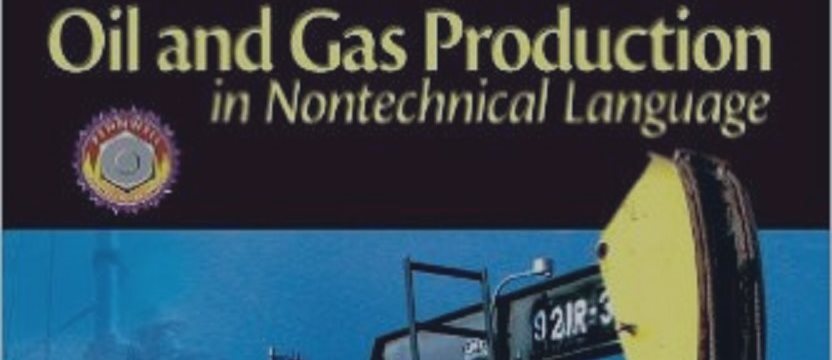The Seven Books You Must Read If You Want to Understand Oil
Learn your stuff before trying to catch the falling knife
Oil sinks.
Here is some light reading on light crude with a tilt to history, science, and talking your way out of a business meeting on various and sundry hydrocarbons. Read 1,000 pages, and you too can catch the commodity knife in the dark.
What is sick is how this Daniel Yergin required read has stood the test of time. There are two groups of people: those who bought The Prize, and those who read it. Be sure you drill down and read this classic cover to cover.
I was prepared to be disappointed. How could Daniel Yergin possibly approach the excellence of The Prize? He did. The Quest is wonderfully current and readable, proving once and for all that Yergin is our best economic writer. Speaking of current, Henry Kissinger's World Order touches nicely on our new Oil Order.
A must-read for the UAE set. Professor Davidson follows up his controversial book Dubai with this effort. The lesson: Abu Dhabi is not Dubai.
A cardinal reality of "oil" is that the terminology and science are daunting. Petromen from the Colorado School of Mines reach for a cold Coors when they must get marginally smarter. Here is the trade secret: Any and all reach for "Leffler." William L. Leffler in every way owns the making-oil-simple franchise. He has Big Oil cred and gets massive points for making you smarter faster upstream and downstream.
The is the second book I read on economics. (The first was vintage Galbraith.) Ida Tarbell changed America. This book should be read on oil, but far more, as a window into another time and place (1904).
I once had a TV executive inform me that "dentists are dumb." They're not, and start with the collegiate path known as the "chemistry track." Oil is about inorganic chemistry, and the great divide is those with a clue and those who are clueless. Exit clueless and read this tome. Then reread it. (Then you can discuss methyl ethyl ketone with Daniel Yergin.)
Bonus round:



